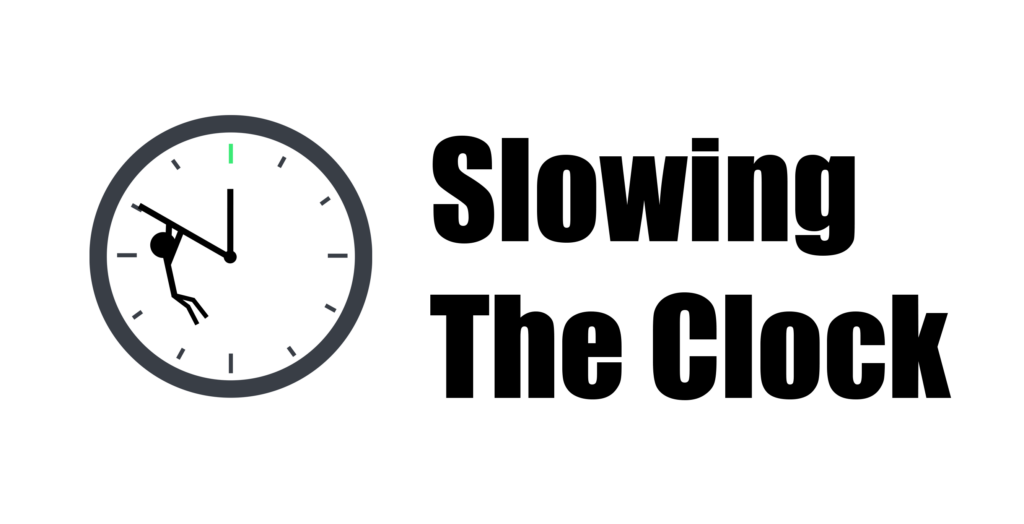
For Optimal Health: Stay Informed and Get Checked Regularly
Summary
Understanding the latest medical best practices is crucial for optimal health and longevity, especially in the complex healthcare landscape of today.
- Regular health check-ups and screenings are vital for early detection of health issues, with the NHS offering a range of services in the UK.
- Preventive healthcare and staying informed about medical advancements are key to proactive health management.
- Understanding medications, including their interactions and risks, is essential, especially for those on multiple prescriptions.

Knowledge is King
In our journey toward optimal health and longevity, the importance of staying well-informed about medical best practices cannot be overstated. This vital aspect involves more than being proactive about health check-ups and screenings. In the modern world, great effort is needed to stay healthy and current with the latest medical treatments. In addition, the average person needs to gain an understanding of medications, and an appreciation of the significant impact of lifestyle choices on our health. For those in the UK, navigating the National Health Service (NHS) and its plethora of services can be daunting, with a vast expanse of medical information and guidelines that aren't always readily accessible to the general public.
Regular Health Check-ups and Screenings
Utilising NHS Services
In the UK, the NHS offers comprehensive health check-ups and screening programs, each designed to detect early signs of potential health issues. These programs cover a wide range of screenings, from routine checks for cancers (such as prostate, cervical, breast, and bowel) to assessments for aortic aneurysms. These programmes are widely available but not always well publicised. Our 10-Module Longevity Course covers when and how you can access these services in fuller detail.
Furthermore, the NHS Health Check, available to adults in England between the ages of 40 and 74, evaluates risks for critical conditions like heart disease, stroke, kidney disease, and diabetes. These regular check-ups and screenings are invaluable as they often identify health problems in their nascent stages when they are typically more manageable and treatable.
The Role of Preventive Healthcare
Preventive healthcare goes beyond treating illnesses; it focuses on actively preventing them. This proactive approach to health care is a foundational principle of medical best practice. By engaging in regular screenings and health check-ups, individuals can significantly reduce the likelihood of severe health issues developing unnoticed, thus maintaining better overall health.
Understanding Medications
The Challenge of Over-prescribing

One critical aspect of modern medicine is understanding the implications of medication, particularly the challenges posed by overprescribing and conflicting prescriptions. Even with medical professionals' expertise, it's not uncommon for patients to be prescribed medications that may interact adversely with each other. The common issues of overprescribing and conflicting medication underscore the importance of patients being well-informed about their medications, including potential side effects and interactions.
Stay Informed
In our experience, the onus is often on the patient to keep informed of potential problems. Although the NHS offers valuable resources and guidance, individuals often need advice surrounding their prescriptions and when to consider alternative treatments. It's crucial for patients to actively engage in conversations with their healthcare providers to ensure a cohesive and safe medication strategy.
Drug Interactions and Risks
Another significant concern in medication management is the risk of drug interactions, particularly for individuals taking multiple medications. This scenario is common among chronic patients, where various specialists may prescribe different medications. For example, a person with diabetes might be on a blood sugar-lowering medication like metformin. Still, a doctor might prescribe a beta-blocker if they also have high blood pressure. While each drug serves its purpose, their interaction can sometimes lead to unforeseen side effects, such as changes in blood sugar levels or blood pressure.
Understand Your Medications
A clear understanding of these risks is crucial. Patients should be aware, for instance, that combining blood thinners like warfarin with certain pain relievers can increase the risk of bleeding or that mixing some antidepressants with certain migraine medications can cause a dangerous condition called serotonin syndrome.
Often Up to the Individual
Open dialogue with healthcare professionals is essential in these cases. Patients must inform their doctors and pharmacists about all their medications, including over-the-counter drugs, supplements, and herbal remedies. In theory, this enables healthcare providers to monitor for potential drug interactions and adjust prescriptions as needed, but in practice, accessing medical professionals purely for advice is often difficult.
Be Proactive
In addition, patients should be encouraged to ask questions about their medications – such as why a drug is being prescribed, how it might interact with other medicines, and what signs to look out for in case of an adverse reaction. This proactive approach helps prevent adverse effects and ensure treatments' effectiveness.
The Most Important Thing There Is
Maintaining robust communication with healthcare providers and staying well-informed are essential for the safe and effective management of medications, especially for those handling multiple prescriptions. In an era where medical services are often stretched thin, the onus increasingly lies on individuals to vigilantly monitor their medications and stay proactive and informed about their personal health. Websites like this are crucial in empowering individuals to take control of the most important aspect of their lives - their good health.
Nutrition as a Complementary Approach
In some instances, adopting a healthy diet can significantly reduce or even eliminate the need for some common medications. For example, lifestyle changes such as incorporating a high-fibre diet can aid in managing type 2 diabetes, potentially decreasing the dependence on medication. Similarly, addressing hypertension can often involve dietary adjustments, like reducing salt intake and increasing consumption of fruits and vegetables, which can sometimes eliminate the need for medication.
Empower Yourself with Knowledge
Navigating the healthcare landscape, especially within the framework of the NHS in the UK, demands an active and informed approach. It's about more than just following standard health advice; it involves a proactive commitment to understanding the latest medical best practices, unravelling the complexities of medications, and fully grasping how lifestyle choices profoundly impact your health.
The Fullest Life Possible
For those truly dedicated to taking charge of their health and well-being and aspire to live the fullest life possible, we offer something beyond the conventional: our comprehensive 10 Module Health and Longevity Course. This course is meticulously designed to guide you through the intricacies of modern healthcare, from decoding medical advancements to integrating holistic wellness practices into your daily life.

